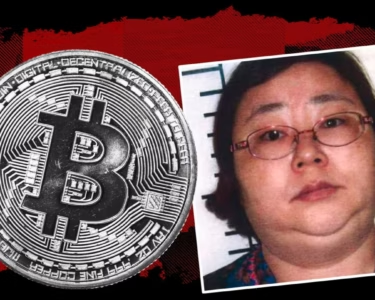A wave of violent protests targeting KFC outlets across Pakistan has left one man dead and dozens arrested, as anti-Western sentiment linked to the ongoing war in Gaza spills into the streets of major cities like Lahore, Karachi, and Islamabad. The protests, which have seen mobs armed with iron rods and setting fire to restaurants, reflect a growing backlash against American brands perceived as symbols of the United States and its ally, Israel.
The tragic incident at the heart of this unrest occurred in Sheikhupura, near Lahore, on April 14, 2025. Asif Nawaz, a 45-year-old KFC employee, was fatally shot while working in the kitchen of a KFC branch. According to Sheikhupura Regional Police Officer Athar Ismail, Nawaz was struck in the shoulder by a stray bullet.
The bullet was fired from a pistol over 100 feet away. The bullet traveled to his chest, causing his death—an outcome described as unusual for a shot from such a distance. A post-mortem confirmed the trajectory of the bullet. Police have made 40 arrests in connection to the protests. However, the main suspect in Nawaz’s death remains at large. Ismail noted there’s no evidence Nawaz was the intended target, suggesting the shooting may have been accidental amid the chaos.
The protests are part of a broader movement. It is driven by anger over the Gaza conflict. KFC outlets have become scapegoats for geopolitical frustrations. Social media videos show chaotic scenes. Crowds are chanting and wielding sticks. They are threatening to burn down KFC stores. Some are shouting, “They are buying bullets with the money you make.” In Karachi, two KFC branches were set ablaze.
Police reports confirmed at least 11 incidents of vandalism across Pakistan’s major cities. The unrest has escalated security measures. Lahore police have deployed forces to protect 27 KFC outlets. They acted after thwarting additional attacks.
Influential religious figures in Pakistan have fueled calls for boycotts of Western brands perceived as supporting Israel. Mufti Taqi Usmani, a prominent Sunni scholar, emphasized peaceful protest at the National Palestine Conference, stating that while boycotting Israeli-linked products is essential, Islam prohibits violence or endangering lives. “Continue your protest and boycott, but do so in a peaceful manner,” Usmani urged.
The Islamist party Tehreek-e-Labbaik Pakistan (TLP) is known for its hardline stance on blasphemy laws. It also has a history of organizing protests. Despite this, TLP has denied involvement in the attacks. TLP spokesman Rehan Mohsin Khan clarified that while the party supports boycotting Israeli products, it did not call for protests outside KFC. However, web sources indicate TLP activists were previously linked to attacks on KFC outlets in Rawalpindi, Karachi, and Lahore, with some incidents involving vandalism and arson.
The backlash against Western brands isn’t new in Pakistan or other Muslim-majority countries. KFC has long been a target of anti-American sentiment, a trend exacerbated by recent geopolitical tensions. In Southeast Asia, similar boycotts have gained traction. According to GlobalData, 70% of Malaysian consumers participate in such actions.
Due to the Israel-Hamas conflict, QSR Brands Holdings Bhd temporarily closed over 100 KFC outlets in Malaysia. Globally, brands like McDonald’s and Starbucks have faced boycotts and protests over perceived ties to Israel. McDonald’s recently bought back its Israeli restaurants. This was done to mitigate a sales slump.
Public reactions on X highlight the polarized views surrounding the protests. Some users, like @Kalopsiac1984, condemned the violence as “tribal hysteria wrapped in imported slogans.” They argue that targeting fast-food chains is a misguided substitute for meaningful strategy. Others, like @wftx76, sarcastically remarked on the “tolerance of the Muslim world,” while @FreedomFig57218 called Pakistan a “terrorist country” for allowing such unrest. On the other hand, @Zainab__Gazala described the loss of life as a “tragic loss over fast food protests,” reflecting sympathy for the victim.
The protests underscore a deeper challenge for Western brands operating in regions where geopolitical conflicts intersect with local sentiments. KFC’s parent company, Yum Brands, has yet to comment on the situation, leaving many to wonder how global corporations will navigate this increasingly volatile landscape. For now, the death of Asif Nawaz serves as a grim reminder of the human cost when political rage spills over into everyday spaces.






